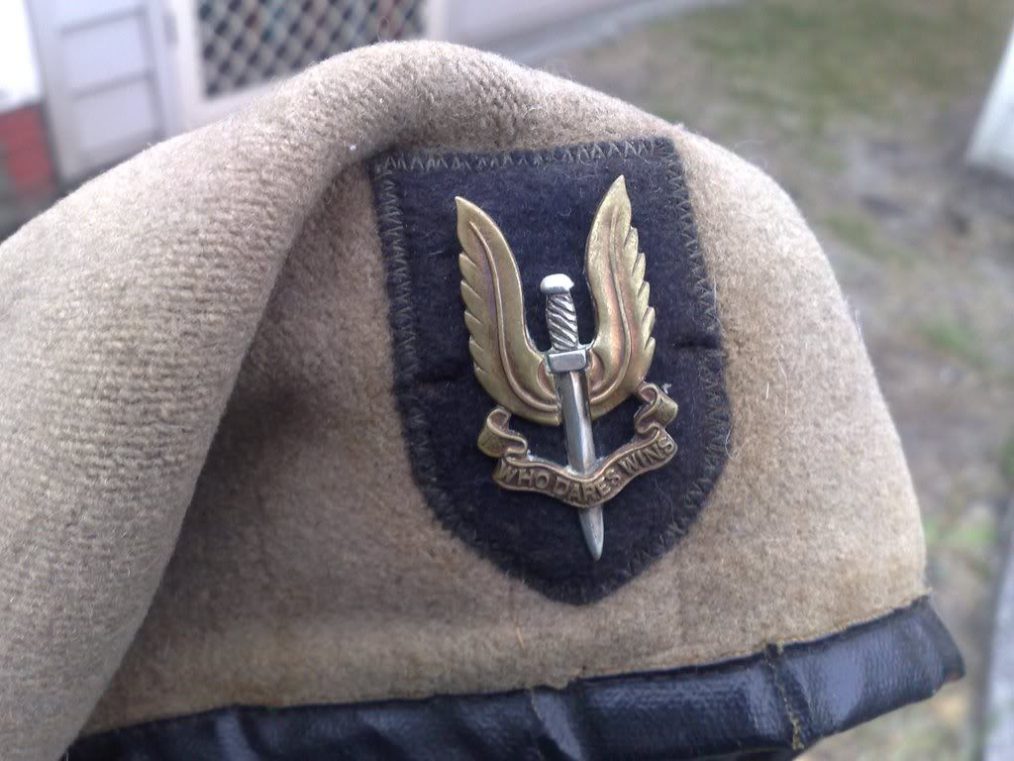
Ex-SAS Soldier Will Never Face Justice
News Summary
The decision to abandon charges against a former SAS soldier suspected of committing one of the most harrowing war crimes in Afghanistan underscores a larger narrative of institutional failure and the complexities of justice in wartime accountability. The Office of the Special Investigator (OSI) has decided not to prosecute the case, citing insufficient evidence, a move that has left whistleblowers, victims’ families, and soldiers questioning the system’s ability to deliver justice.
At the heart of this case is Dusty Miller, an ex-SAS medic who exposed the alleged summary execution of an injured Afghan farmer, Haji Sardar Khan, during a 2012 operation. Despite Miller’s willingness to testify and the years he spent assisting the OSI, the case will not go to court. For Miller, the decision is a crushing blow. “The death haunts me every day,” he said. “No charges mean no justice—for Sardar, his family, and those of us who risked everything to speak out.”
The OSI’s inception in 2021 was heralded as a pivotal step in addressing findings from the Brereton inquiry, which unearthed credible evidence of at least 39 unlawful killings by Australian special forces. Yet, nearly four years later, only one ex-SAS soldier has been charged. The OSI’s conservative approach, influenced by evidentiary challenges and political caution, has eroded faith in its mission.
Critics argue that the decision to drop high-profile cases, such as those involving Sardar and another disabled Afghan man allegedly executed in separate incidents, reflects broader systemic issues. Witnesses have described the OSI’s process as exhaustive but excruciatingly slow. The failure to act decisively has left both whistleblowers and Afghan families in limbo, amplifying the emotional toll of reliving traumatic events.
However, the OSI’s challenges are immense. The Taliban’s return to power has severely restricted access to evidence and witnesses in Afghanistan. Legal experts, such as ANU’s Professor Don Rothwell, acknowledge the unprecedented scope of the OSI’s work but criticize the slow pace. “The public rightly expects results, but the evidentiary burden in war crimes cases is extraordinarily high,” Rothwell noted.
While the OSI continues its investigation into other cases, including those linked to disgraced war hero Ben Roberts-Smith, the abandonment of charges against the ex-soldier in Sardar’s case sends a troubling message. For many, it symbolizes a justice system struggling to reconcile moral accountability with legal pragmatism.
The decision not to prosecute doesn’t just close a legal chapter; it deepens the wounds of those who believed in the system’s promise to uphold justice. For Miller and others who spoke out, the OSI’s decision marks not just a personal defeat but a profound moral failure. “Justice delayed is justice denied,” Miller said. “But no charges? That’s no justice at all.”




The moron who wrote this has never worn a uniform or been in a conflict. Armchair bloody do-gooders.